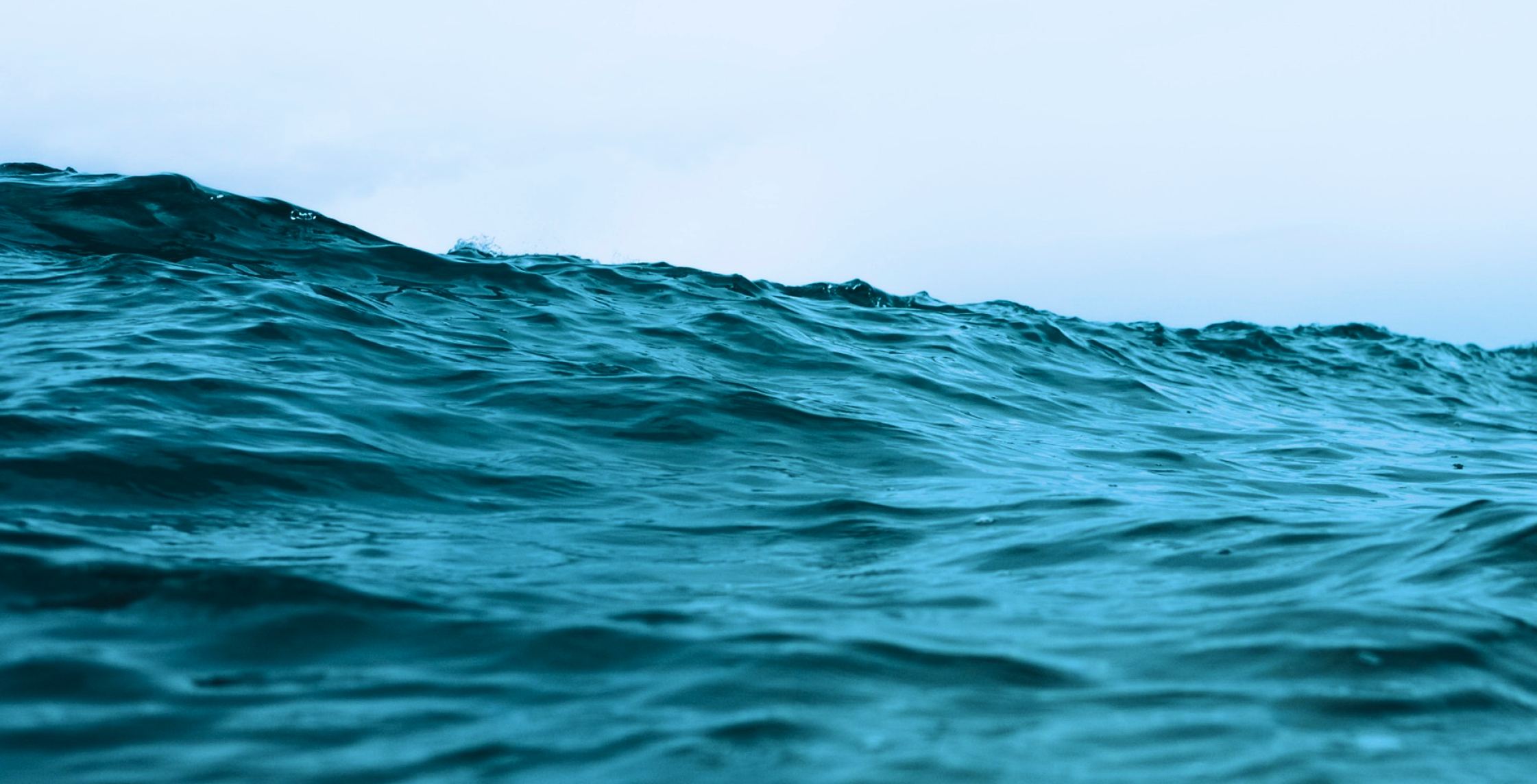It covers all industries and sectors related to the oceans, seas and coasts, whether they are based directly on the marine environment (e.g. shipping, seafood, energy generation) or on land (e.g. ports, shipyards, coastal infrastructure). Data from the EU Blue Economy Report 2022 shows that the EU Blue Economy currently generates 3.2 million direct jobs and more than 667 billion euros in turnover in the European Union.
The blue economy has gained particular relevance in the context of the European Green Deal, given that "there is no green without blue", meaning that it is not possible to reach the green economy without committing to the blue economy.
According to the UN, 85% of all waste in the sea is plastic. The most recent estimates point to between 75 and 199 million tons of plastic waste in the oceans. Depending on the research method used, it is estimated that if nothing is done, the amount of plastic will triple from 9 to 14 million tons a year in 2016 to 23 to 37 million tons in 2040. Other research methods are even less optimistic and point to a doubling of the amount from 19 to 23 million tons in 2016 to around 53 million tons (UNEP, 2021).
Litter in the marine environment is already a global challenge on a par with climate change. And the problem, which goes far beyond what is visible, is present in almost all coastal areas of the world, causing imbalance and compromising this vital resource for humanity.
Various studies indicate that pollution generated by microplastics is one of the main health risk factors. Research carried out by the Institute for Environmental Systems Research at the University of Osnabrück, in Germany, points out that this type of material has the capacity to absorb toxic products found in the oceans such as pesticides, heavy metals and other types of persistent organic pollutants (POPs), which makes the damage to the health of biodiversity much greater.
Plankton and small animals feed on contaminated plastic and, when eaten by larger fish, spread the poisoning. At the end of the chain, when humans feed on these fish, they are also ingesting the plastic and pollutants that have accumulated along the chain.
Among the problems related to POPs poisoning are various types of hormonal, immunological, neurological and reproductive dysfunctions. Similarly, plastics can contain bisphenols, which are known endocrine disruptors that are very harmful to environmental and human health.
There is no single solution to the problem of plastic pollution."Breaking the Plastic Waste", a global analysis on how to change the trajectory of plastic waste, reveals that it could be possible to reduce the amount of plastic entering the oceans by 80% over the next two decades if we use existing technologies and solutions.The blue economy sector is divided into several (micro) sectors, from renewable energies, to blue biotechnology, aquaculture, ocean technology and observation, fisheries, environmental protection and regeneration, and marine and coastal tourism.
DNS testbed offers solutions for testing and experimenting with products and/or services for digital interfaces, control systems, sensors and other devices that allow data to be obtained in real time, regardless of the environment, through edge computing specification, edge computing development and integration, sensor integration and real time and historical analytics. These services enable a better understanding of the state of the ocean and consequent more informed and even predictive decision-making.



